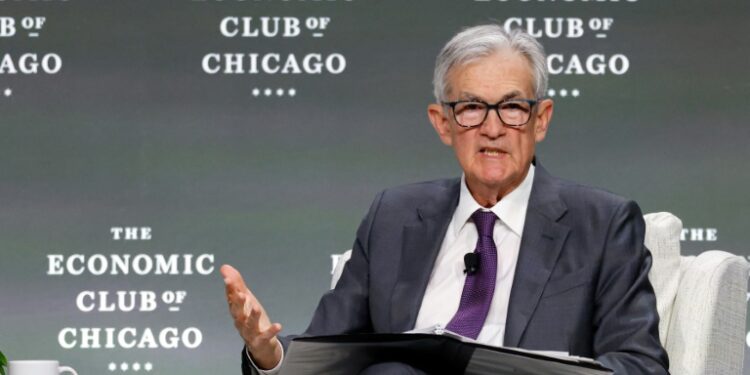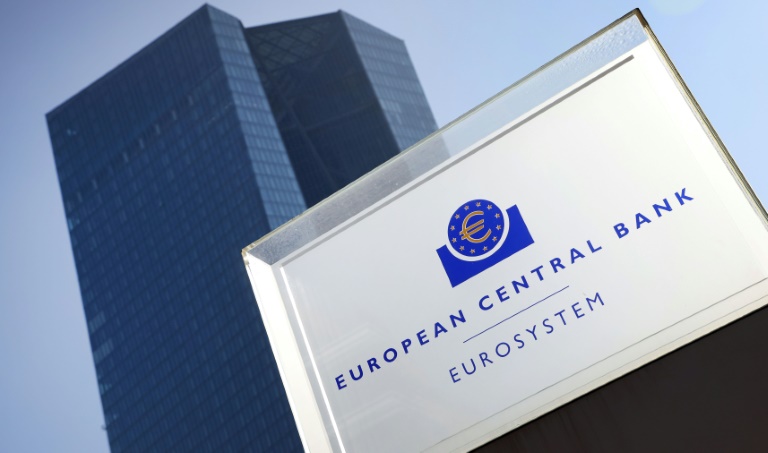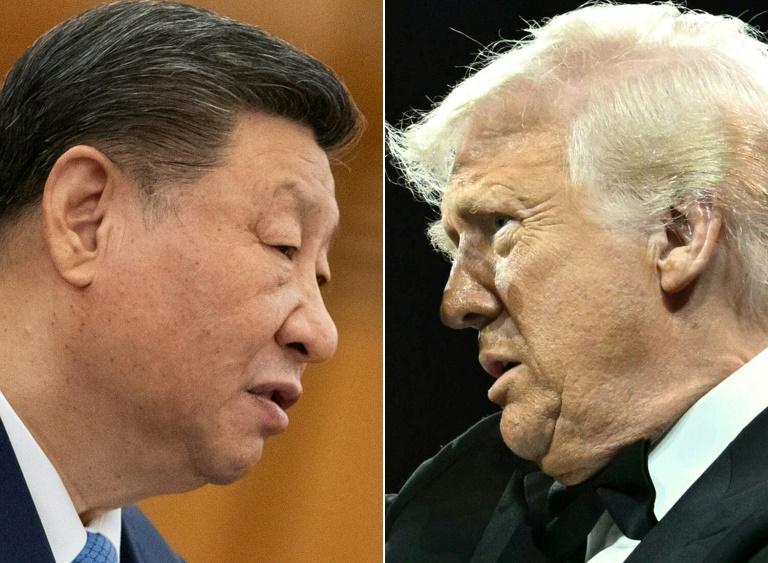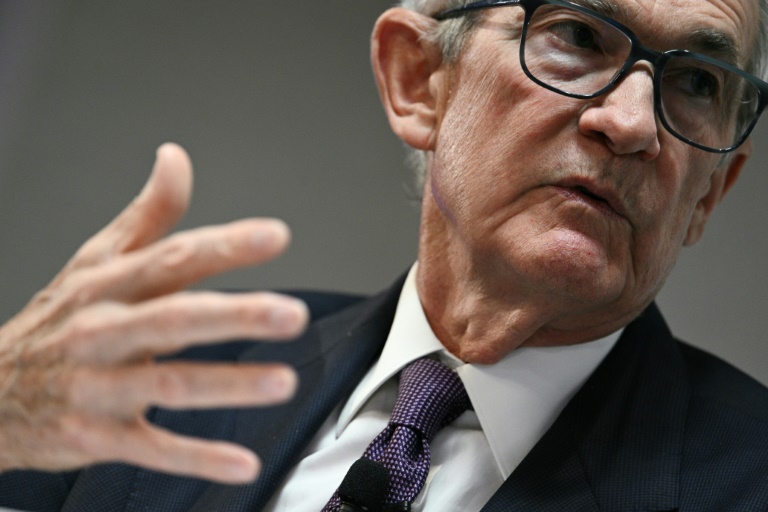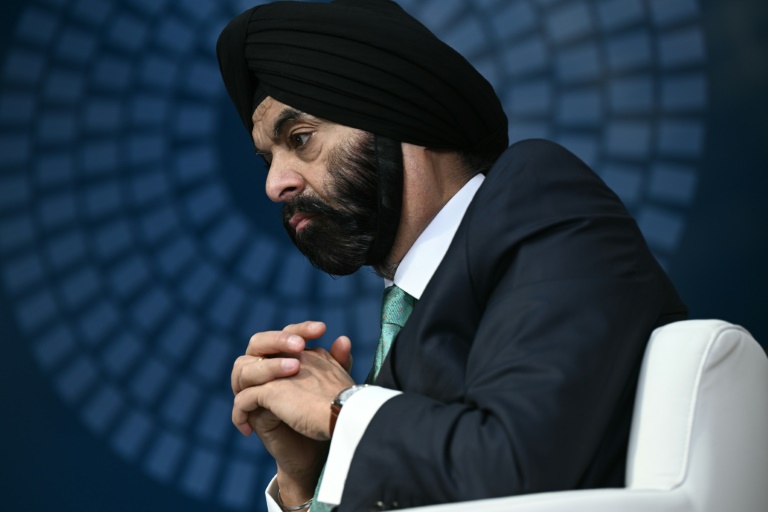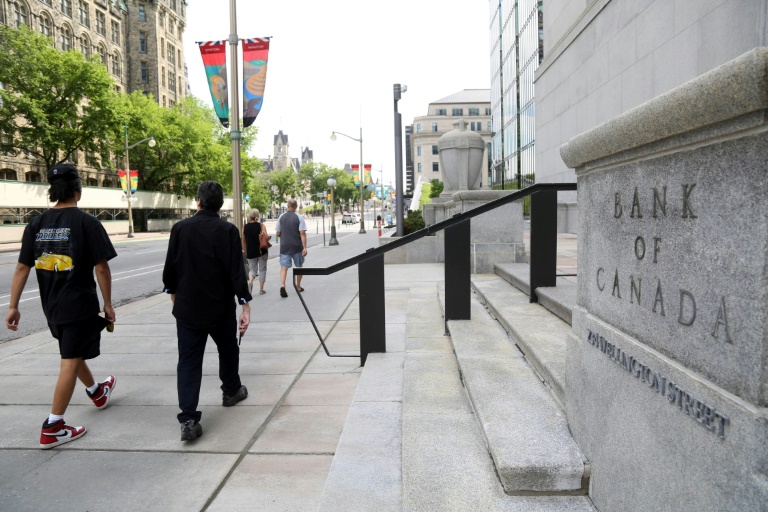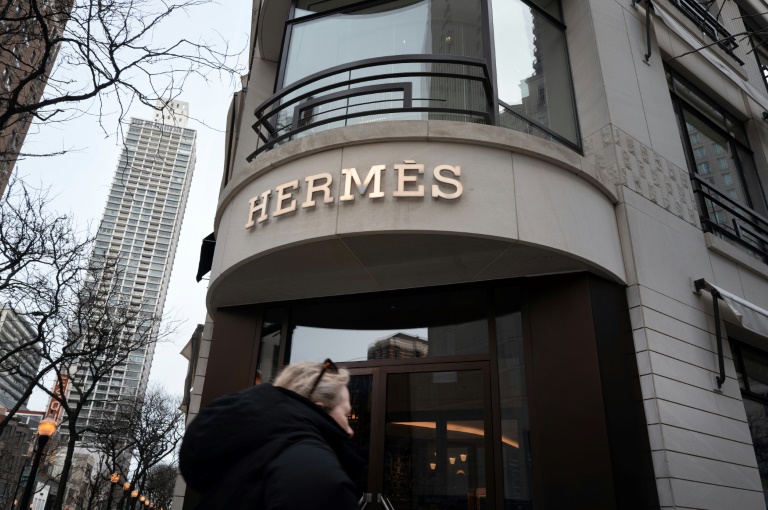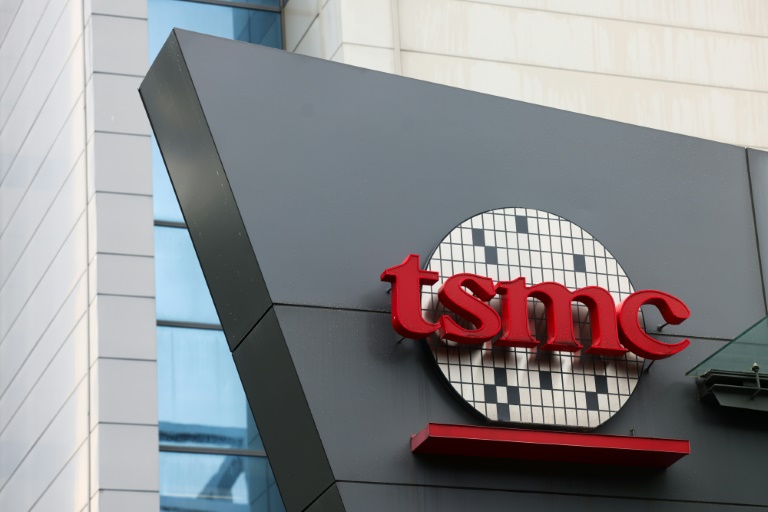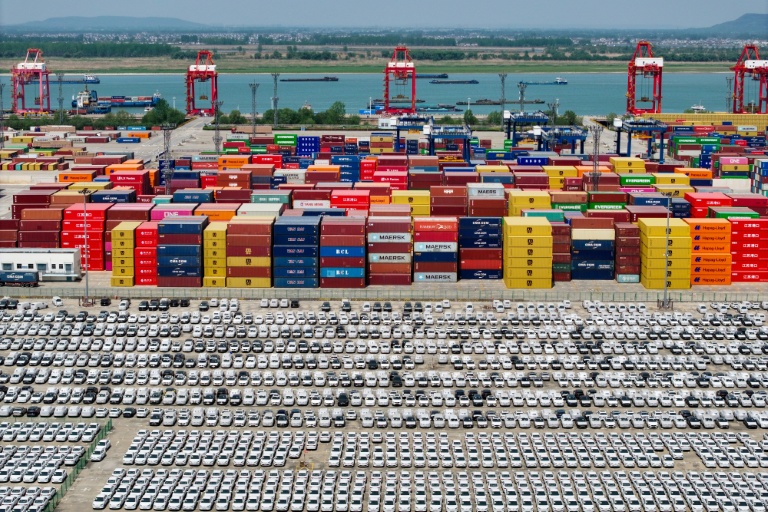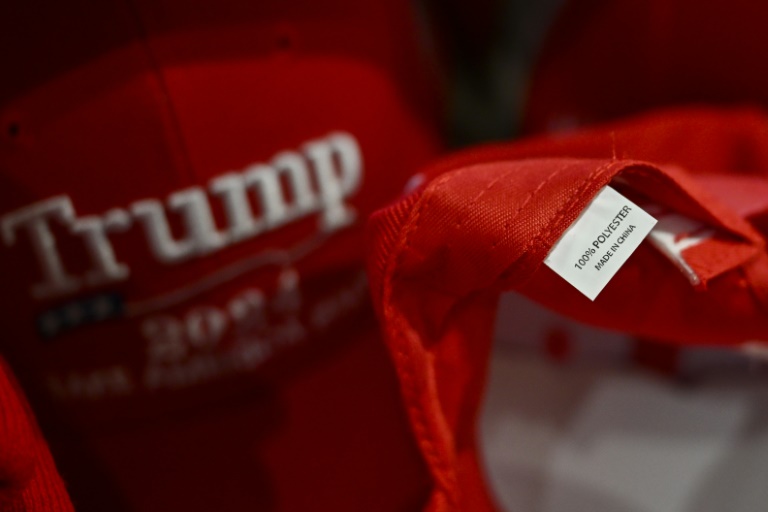Chicago (AFP) – US President Donald Trump’s tariffs will likely push up prices and constrain growth, and could put the Federal Reserve in the unenviable position of having to choose between tackling inflation and unemployment, the central bank’s chair said Wednesday. US financial markets fell following Jerome Powell’s remarks, with all three major Wall Street indices ending the day in the red as investors dumped tech stocks.
“Tariffs are highly likely to generate at least a temporary rise in inflation,” Powell told the Economic Club of Chicago, warning that the inflationary effects “could also be more persistent.” “Avoiding that outcome will depend on the size of the effects, on how long it takes for them to pass through fully to prices, and, ultimately, on keeping longer-term inflation expectations well anchored,” he added, echoing similar remarks earlier this month.
Unlike some other central banks, the US Fed has a dual mandate from Congress to ensure both stable prices and maximum sustainable employment over time. It keeps those twin objectives in balance by lowering or raising interest rates, which act as either a throttle or a brake for demand in the world’s largest economy. Powell said that while the Fed’s employment and inflation goals were largely in balance, policymakers could find themselves in the “challenging scenario in which our dual-mandate goals are in tension.”
Trump’s stop-start tariff policy has unnerved investors and trading partners unsure about the long-term strategy, and what it might mean for international trade. Amid the rollout of the tariffs, global financial markets spiraled, pushing volatility to heights not seen since the onset of the Covid-19 pandemic. “You’ll probably see continued volatility,” Powell said Wednesday. “But I wouldn’t try to be definitive about exactly what’s causing that.” “I would just say markets are orderly and they’re functioning kind of as you would expect them to in this time of high uncertainty,” he added.
Most economists have warned that tariffs will push up prices — at least temporarily — while acting as a drag on growth. The Trump administration has insisted that the levies are just one part of an overall economic agenda including tax cuts and deregulation designed to stimulate supply, boost growth, temper inflation, and return manufacturing jobs to the United States. Tariffs would be “likely to move us away from our goals,” Powell said, referring to the Fed’s dual mandate. Futures traders currently see a roughly 85 percent chance that the Fed will vote to pause again at the next interest rate decision in May, according to data from CME Group.
© 2024 AFP

